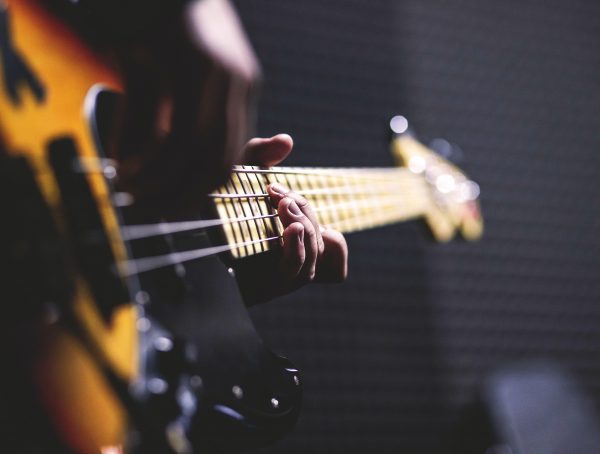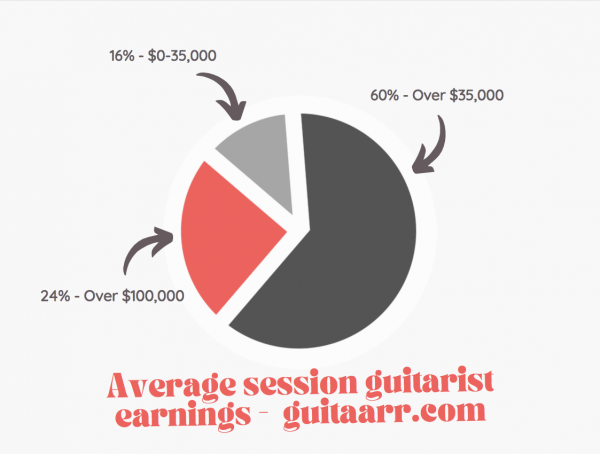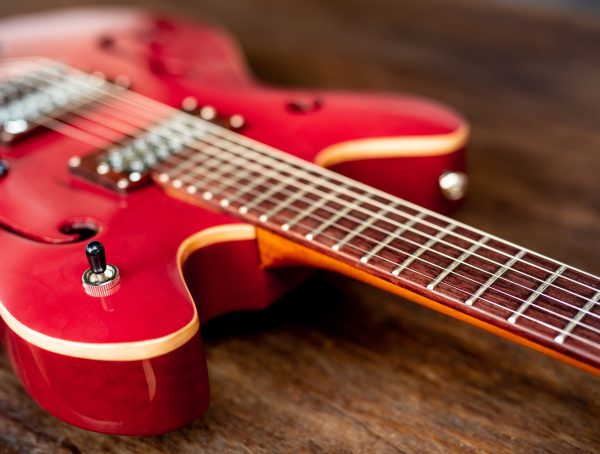Wondering whether to buy a guitar as an investment?
In theory, it totally makes sense. But, even if you’re a guitarist that knows everything about things like vintage guitars and popular brands (and those that are deemed high-value), any long-term investment is going to have a lot of variables in terms of being a definitively ‘good’ choice.
In short, whether you know about guitars or not, you need to treat this like investing in any material object. In theory, yes, they can be a good investment, but naturally as time goes on there will be a multitude of factors that could effect your return on investment.
Also, if you’re an avid guitar player, there’s no way you’re going to want to buy an expensive guitar and leave it to age as an investment without playing it (I know I’d struggle).
The types of guitars that investors look for
Commonly, investors will be looking for vintage guitars. What that is defined as will vary massively from each seller, and how well they know guitars. For example, you could class a guitar from the 90’s as ‘vintage’ if the brand no longer makes that model, but for someone like me as a guitarist that isn’t what qualifies as a vintage guitar at all.
So, what will buyers looking to invest actually be looking for in terms of a viable opportunity?
- Originality: This could refer to both how ‘original’ the guitar is in terms of the number of times it was manufactured, and other very specific things such as original hardware or even any markings made by a famous artist (especially if it’s a vintage guitar previously owned by a famous player)
- Rarity: More specifically, any guitar that is deemed to be ‘rare’ based on a limited number of runs will naturally become more valuable over time for collectors
- Accessories along with the guitar itself: This one is often not thought about but certainly makes a lot of sense. Just think, would you want a guitar played by Jimi Hendrix or would you want the guitar with the original case too?
- Limited guitars from known brands: Rarity of a guitar doesn’t really mean anything for collectors if it isn’t in relation a name brand. For example, a guitar company from the 50’s who went out of business after a few months and only sold 5 guitar that weren’t very good can still be classed as rare, however they won’t be of much interest to serious collectors. They’re looking for brands like Gibson and Fender, but are more interested in delving into their back catalogues for those scarce discoveries!
- Era – Most investors will be looking for Gibson, Fender and Martin (mostly) models from between the 1930’s to the 1960’s. There are other brands too obviously, however these are the usual suspects.
Is there any evidence to show that guitars increase in value over time?
Technically yes, guitars do age in value over time, but again this massively depends on how much the guitar was worth at the time of purchase and what is deemed as an increase in value for it to be a good investment.
Essentially, a cheap guitar is not likely to be worth a lot in the future just based on external factors. I like to look at investing in guitars as the same way as people like to invest in artwork because a lot of the value lies in the perceived value of the object. Therefore yes, your guitar could increase in value as an investment, but it’s unlikely unless the guitar had a high perceived value at the time of purchase and has now aged for a significant amount of time (especially if it is now deemed to be ‘vintage’).
Do people still make money investing in vintage guitars?
Yes of course, but again it’s not exactly a lucrative market that anyone can get into. You not only need to be aware of the guitars that are making money now, but also be able to gauge what brands or specific models of guitars could result in a likely return in the future. For example, many sellers focus on limited runs of:
- Gibson Les Paul & SG ranges
- Fender Stratocaster and Telecaster
- PRS limited models (under the assumption that these will be a good investment for the future)
- Ibanez models from the 80’s
Conclusion
It does however appear that the era of selling guitars for lucrative returns is somewhat over, unless you have at least 6 figures to invest in guitars such as early Gibson ranges from the 1950’s which can easily go for 6 figures in 2020.
My advice? Buy your guitars for fun, as if you’re buying for investing then you’re not going to want to be playing!
More from Frequently Asked Questions
Can you play guitar with acrylic or long nails?
The short answer is yes, you can absolutely play the guitar if you have long nails, acrylic nails, fake nails... …
How Much Do Session Guitarists Earn? (2021 Poll Data)
There has been an argument for years now that the era of the session guitarist is long-gone. With nearly every …
How to protect your guitar from damage and theft
While your first guitar is unlikely to be worth more than a couple of hundred dollars, as you progress as …










